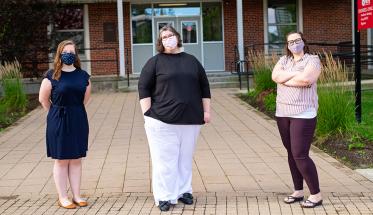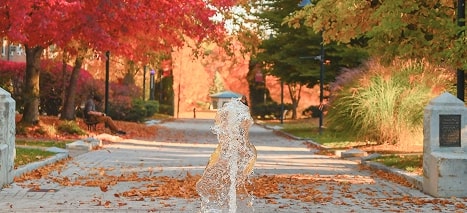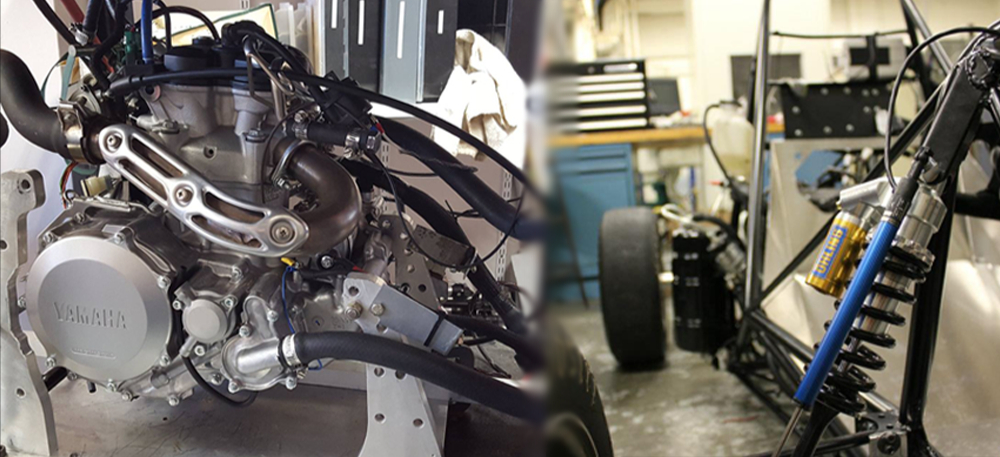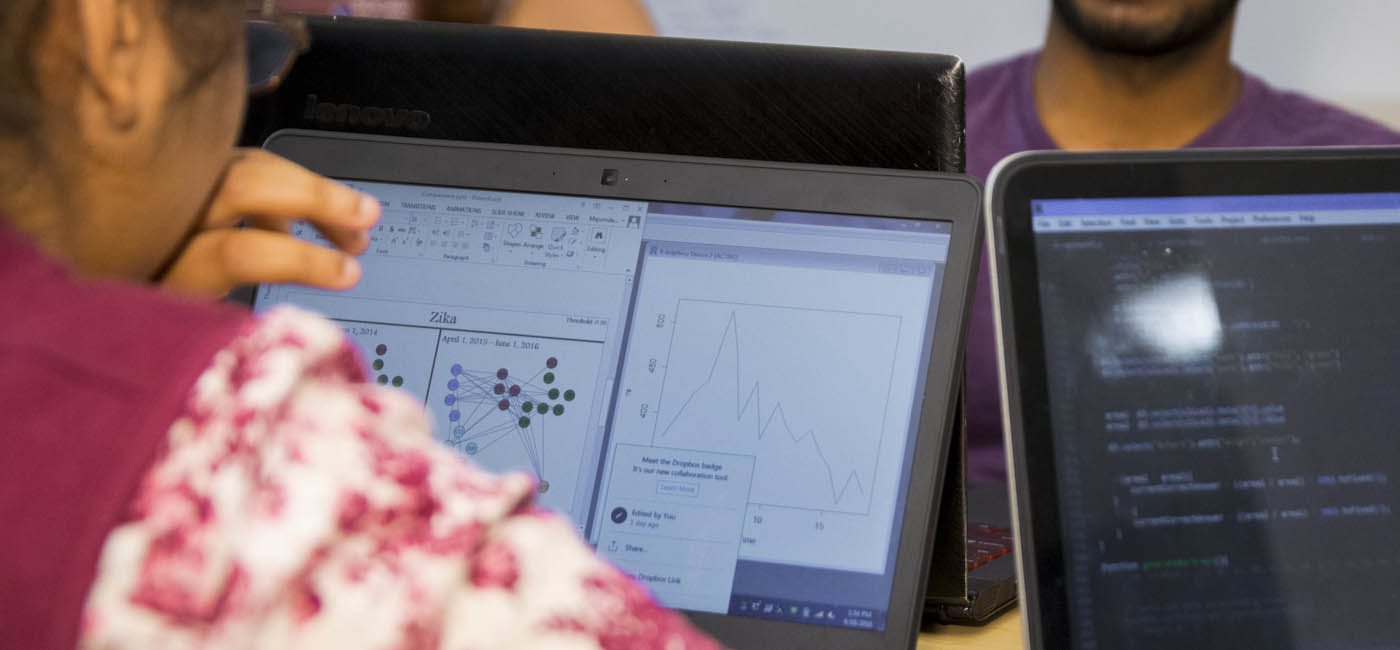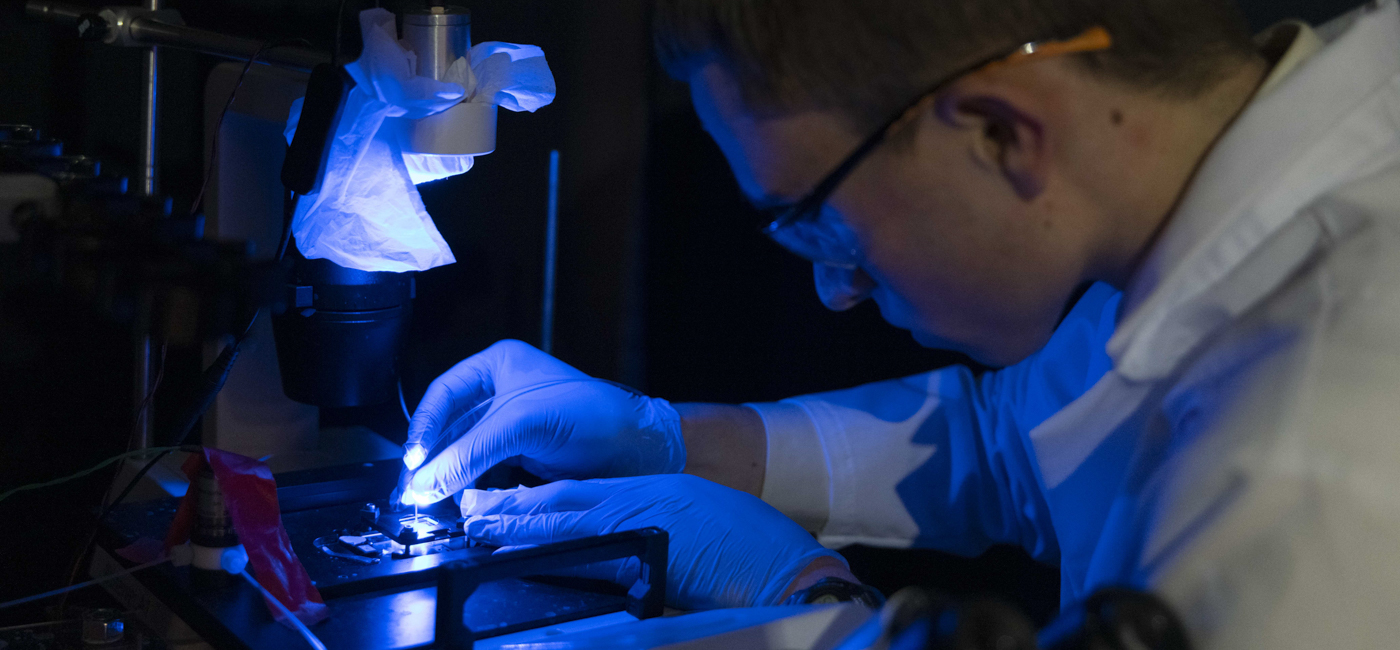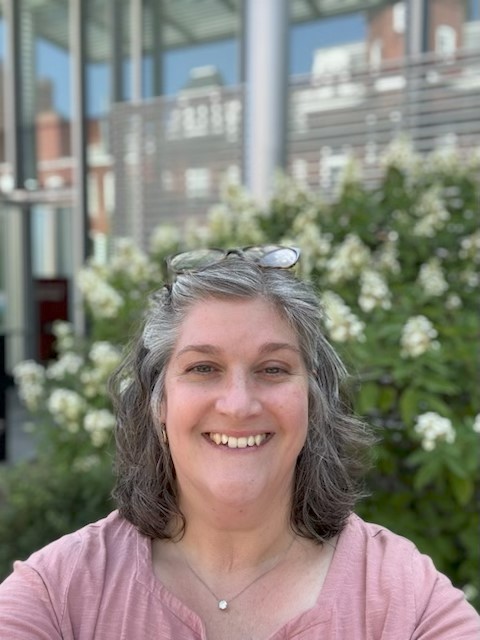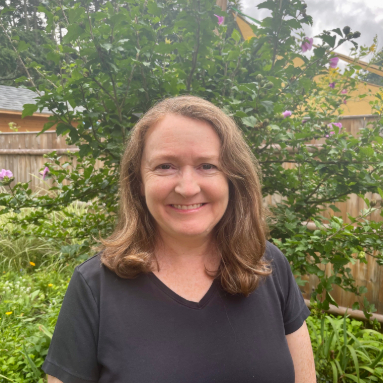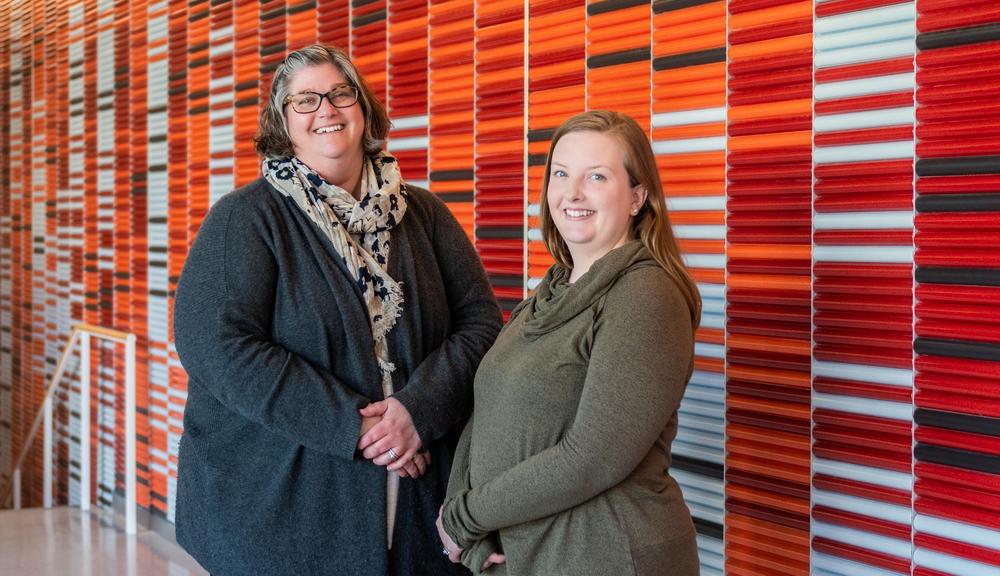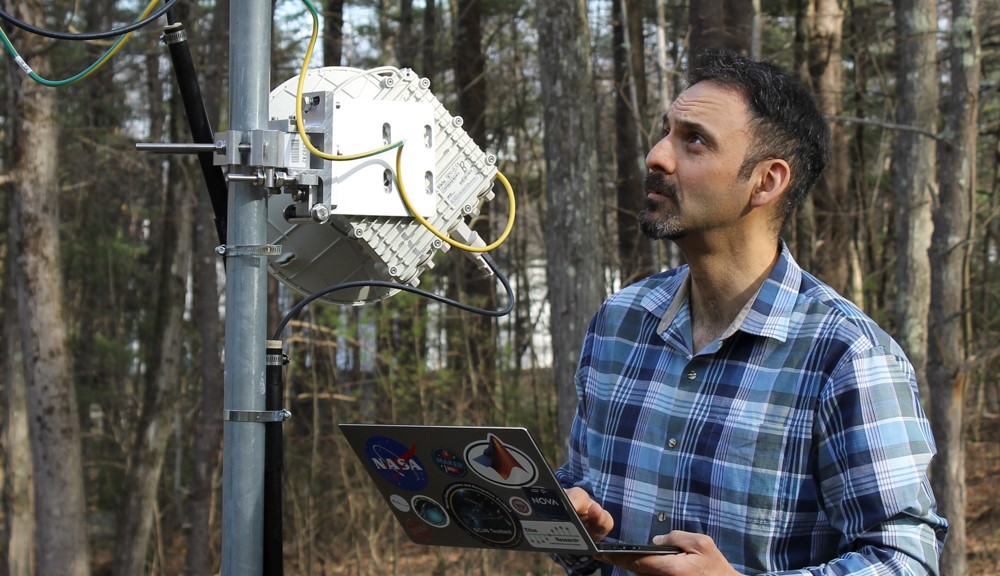With the academic year rapidly approaching, WPI’s newly named Office of Accessibility Services (OAS) has been busy supporting more than 600 students who require accommodation services covering all aspects of academic and campus life amid the coronavirus pandemic.
Amy Curran, the director of OAS, says the office changed its name from the Office of Disability Services in late June “to one that is more inclusive and progressive in hopes of building a stronger community on campus.”
She adds that the focus on accessibility is important in higher education, but also emphasized the challenges faced by students. “There’s no shame in the word ‘disability’ because it reflects the lived experiences that individuals have,” she says. “In fact, we just celebrated the 30th anniversary of the Americans with Disabilities Act. Society has come a long way with embracing and growing with the ADA. However, we still have a long way to go.”
In explaining the distinction between accessibility and accommodations, Curran says accessibility refers to the need to design buildings and programs with everyone in mind, while accommodations refer to the actual support being provided. For instance, academic accommodations include extended time on exams; classroom accommodations include classroom relocation; and campus accommodations include elevator access.
Curran and her team have been busy fielding a range of questions from students regarding accommodations and documentation, how to best advocate for themselves in a variety of settings such as classrooms (both online and on-campus) and residence halls, and assistance with academic coaching.
“It is critical that we provide the support for all of the students who require our services,” says Curran. “Even if we do not have an immediate answer, we always partner with other campus resources to ensure the best possible experience for students.”
Rising Need for Services
According to OAS data, there are currently 634 undergraduate students at WPI with documented accommodations. Types of disabilities include developmental, learning, medical, psychological, and physical/mobility differences.
Curran noted that the number of students with documented accommodations at WPI has risen steadily in the past several years. Seven percent of undergraduate students had accommodations in 2013, compared to 13.8 percent in 2018, according to OAS data. She attributes much of the growth to students entering WPI with existing accommodations from high school.
“More students are either facing new diagnoses or seeking more support in high school or earlier grades, and that is being carried through to college,” she says.
Preparing for Fall
At WPI, Curran and her team—assistant directors Jessica Szivos and Taylor Garnes, support specialist Lisa Migliacci, and exam coordinator Maureen Pollard—support students who are registered with OAS with a variety of documented disabilities in achieving their academic goals.
Among the activities that OAS has undertaken this summer include:
- Creating a COVID-19 resources page for students
- Participating in Zoom / online intake meetings with students to gather insights about specific needs and accommodations
- Offering academic coaching for students
- Connecting students with appropriate resources on campus
- Attending webinars to learn more about best practices and new ideas in student services amid COVID-19
- Building virtual connections with both students and their parents/guardians
Curran elaborated on the academic coaching offered, noting it is offered to students who are registered with OAS. Students learn about this when they have their intake appointment with OAS, and can reach out to the office via e-mail or phone to set up a coaching appointment.
“Academic coaching involves time-management and organizational tips, helping to navigate course syllabi, and working with students on boosting their self-advocacy and problem solving skills,” says Curran.
OAS also supports faculty members. Sarah Wodin-Schwartz, an assistant teaching professor in mechanical engineering, says she has collaborated effectively with OAS. “Working with OAS is great. They are always available to discuss different techniques that I can try in class to help students with different needs,” she says.
As a result, Wodin-Schwartz says she has “….had many wonderful experiences working with students with accommodations. Many times, in thinking through ways to make my class more accessible to a few students, I find ways to improve my course for all students through universal design. One thing that really stands out is trying to caption video content that I have students view.”
Students Laud OAS
Students who use OAS services said, via e-mails, that OAS has been very helpful.
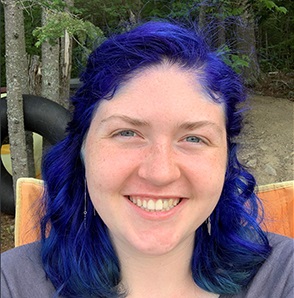
Sophomore Emily Kelley, who has Autism Spectrum Disorder, says she receives accommodations for extra time on tests and exams as well as the ability to take them in the exam proctoring center. “I have gotten lots of help with general questions regarding student life, organizing schedules, and help with communicating my needs with teachers and staff,” says Kelley, who is majoring in robotics engineering. “I always receive an understanding ear whenever I reach out and never feel judged or like I’m wasting their time.”
Other students, who asked not to be named, echoed similar sentiments.
“I meet with (Curran) once every one or two weeks to make sure that I keep myself in check emotionally and mentally,” says a junior, who is majoring in electrical and computer engineering.
The student, who has Autism Spectrum Disorder, attention deficit hyperactivity disorder, and anxiety, receives preferential seating and extended test-taking times through the OAS. “I really enjoyed talking with (Curran), and OAS helped me a lot with some of the problems I faced. I really appreciated meeting with OAS because they helped me feel better about myself. During the pandemic, (Curran) e-mailed me to check up on me, which was really thoughtful!”
Another student, a junior studying Data Science, did not want to disclose their disability, but said they receive time and a half extra for exams. “My professors and the Office of Accessibility Services have been great resources to make sure my accommodations are met,” says the student. “They want to see me succeed and perform at my full potential. Scheduling exams is very straightforward, and the testing environment allows me to fully concentrate.”
A fourth student, a junior majoring in biomedical engineering, is on a reduced course load and receives double time for tests. “OAS has been very helpful in advising me and acting as a mediator when necessary,” says the student.
Finally, a senior majoring in computer science has low vision, requiring accommodations that include extra time on exams, large print font on exams and papers, and sitting in the front of the classroom.
“Most, if not all, professors that I have worked with (especially in the Computer Science department) are very receptive to my disability and I have not had many issues in my accommodations being met,” says the student.
